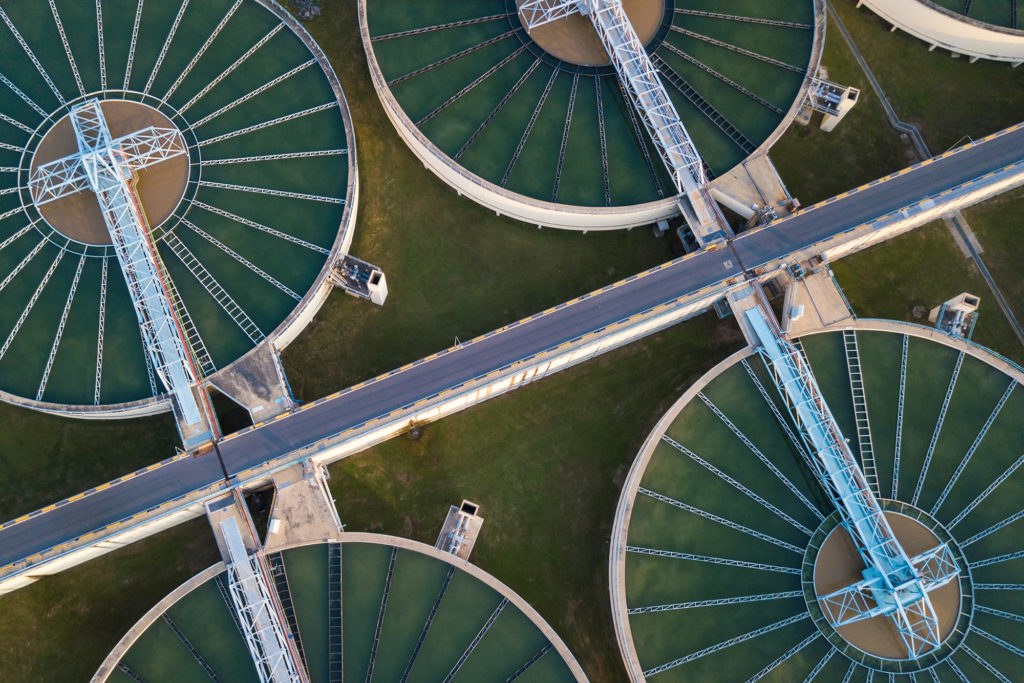Water and wastewater regulator Ofwat has launched its £4 million Water Discovery Challenge calling on support from a range of sectors, including energy, to innovate within the water industry.
Being run as the latest competition from Ofwat’s £200 million Innovation Fund, the organisation is calling on a range of sectors to provide technological innovation in a boost to support the water and sewage industry.
The new ideas from external influences and sectors are aimed at solving a range of issues including managing leaks, preventing pollution, improving water efficiency, reducing emissions, boosting flood and drought resilience, prioritising sustainable practices and supporting vulnerable customers.
In doing so, Ofwat is hoping the external influences will help unlock “ground-breaking insights and thinking” from around the UK.
“It’s no secret that the water sector has faced challenges in the last year. As a regulator we’re constantly pushing the sector to overcome these,” said David Black, chief executive of Ofwat.
“Water affects everyone, and it’s time we see what the water sector can learn from astronauts, farmers, data specialists, architects and planners. This is about preparing the water sector for the future, and I look forward to the ideas that come out of it.”
As part of the Water Discovery Challenge, up to 20 teams will be awarded up to £50,000 for breakthrough ideas and to develop them. This will be supported in conjunction with water companies to optimise technologies and ideas.
From this initial 20 teams, a further 10 will be selected to gain up to £450,000 to turn these ideas into pilot schemes across the country. These teams could also be presented with mentoring and scaling opportunities to further introduce the solutions into the water network across England and Wales.
Alongside the energy sector, Ofwat is calling on expertise from cities and transport, construction, agriculture and farming, and digital, data and internet of things.
“Our £200 million Innovation Fund has already supported projects that detect and fix leaks, capture carbon emissions from water processing plants to convert them into fuel and remove fertilisers from waterways to be re-used in our food system,” said John Russell, senior director at Ofwat.
“Now, we’re broadening the opportunity to innovators in any industry that can make a difference to improving the water system for all of us.”
Reducing emissions in particular could be a key entry point for the energy industry. Technologies such as solar, wind farms and battery storage have all been utilised in a bid to decarbonise the crucial sector in the UK’s economy.
Earlier this month, Scottish Water stated that a treatment works at Skellyton, Larkhall, had been harnessing solar energy produced on-site to supply around 20% of the total electricity required for operation providing an avenue to reduce costs and decarbonise.





